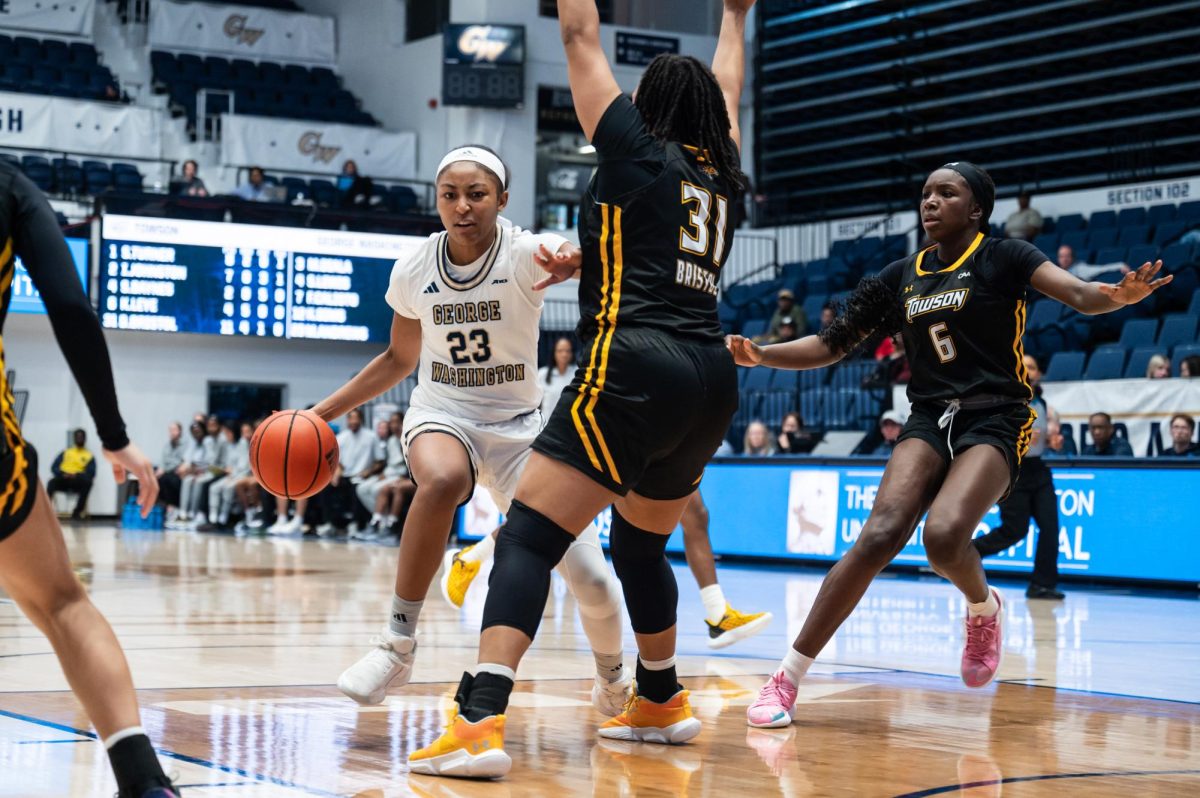In college football’s era of 60-point blowouts, cream-puff schedules and coaches like Steve Spurrier consistently embarrassing opponents, sportsmanship is a rare trait.
Yet when Joe Paterno and Penn State show some class by respecting opponents and not running up the score, the team suffers in the polls.
How did the sportswriters and coaches across the nation reward Paterno for not running up the score against the University of Minnesota and Ohio State during the past two weeks? They dropped Penn State to number two in both the Associated Press and CNN/USA Today polls, which determine the national champion of college football.
 The college football rankings are a disgrace. The coaches and sportswriters who vote in the polls are rarely even able to watch the teams they rank. Thus, many voters in these polls end up ranking teams based on the final score of a game.
The college football rankings are a disgrace. The coaches and sportswriters who vote in the polls are rarely even able to watch the teams they rank. Thus, many voters in these polls end up ranking teams based on the final score of a game.
Many voters don’t see the teams play, and make an uninformed vote. Many teams have suffered at the hands of this horrible system, but none more than Penn State.
In 1994 Penn State was ranked number one in both polls at midseason, after a win over Michigan. A few weeks later, Paterno’s team jumped to a big lead over Indiana. The old coach put in his reserves for most of the fourth quarter. Penn State had secured a win, and there was no need to embarrass Indiana.
Unfortunately for Penn State, Indiana scored two meaningless touchdowns late in the game, including eight points on the final two plays, making the score much closer than the game actually was.
The not-so-well-informed poll voters had not seen the game, and voted solely on the misleading final score. Nebraska, which had just beaten Colorado, was voted into the top spot. Both teams remained unbeaten, but Nebraska won the title. Penn State lost at least a share of the national title by not embarrassing Indiana.
Two weeks ago, Penn State was about to beat Ohio State and had the ball on the Buckeyes’ five-yard line. Did Paterno try for a meaningless touchdown? No. But many other college coaches would have. Steve Spurrier and maybe even Tom Osborne might have run up the score to impress the voters. Is it only coincidence that these same teams do well in the polls?
Last week, Penn State survived an upset bid from Minnesota. Penn State won by only one point and was voted out of the top spot. However, Penn State had the ball deep in Minnesota territory as the game wound down.
Did Paterno add on another score and embarrass the Gophers, who had played a valiant game against his team? No. If Penn State had scored again and won 23-15, instead of 16-15, it probably would still be number one.
Instead, the voters again punished Paterno for showing rare sportsmanship. Again, the voters evaluated a team based upon the final score.
Certainly Penn State did not play well, but in the past, a team had to lose to relinquish the top spot in the polls. Apparently this does not hold true for the teams who exude class.
The current system, awarding bowl berths and the national championship based on these polls, is flawed.
The voters should be ashamed for continually punishing good sportsmanship in an era when it is rare in college football. Coaches who play not just to win, but to run up the score and impress the voters, should not be rewarded.
The solution is a playoff system. Almost every other NCAA sport uses playoffs to decide its champion – why can’t football? The polls must have their power taken away before sportsmanship disappears from college football. After all, Paterno is in his 70s and won’t be coaching forever.






